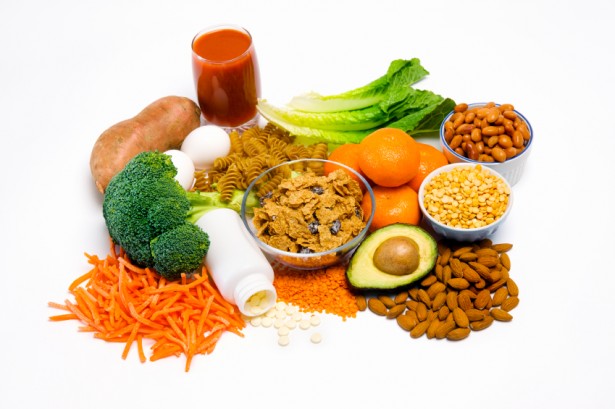by Mike Bundrant
Do you ever wonder where you positive emotions went?
If your optimistic outlook on life has soured, then you should know that – beyond psychological approaches – nutrition plays a key role in maintaining your moods.
There are several nutritional deficiencies that can lead to feelings of depression
You may want to consider asking your healthcare practitioner if you’re lacking in any of the important nutrients below. If your healthcare practitioner is not open to considering nutritional deficiencies as a cause of depression, then you might consider firing your healthcare practitioner.
Correcting a poor diet and adding the right supplements should be primary objectives for any doctor with proper education and integrity. Getting your nutritional needs met is the least expensive, least invasive, safest and most effective means of restoring balance to your body.
Here are 10 nutrients to research and test:
#1 – Amino Acids
As protein’s essential building blocks, amino acids play a key role in helping your brain function properly. When you aren’t getting enough amino acids in your diet, you may begin to feel depressed, unfocused, and sluggish. Increase your intake of red meat, beans, seeds, and nuts in order to ensure you are getting enough of these vital nutrients.
#2 – B Complex Vitamins
According to a study conducted in 2009, more than a quarter of all older women diagnosed with severe depression were deficient in B complex vitamins, suggesting that these are far more important for our mental health that anyone previously realized.
Today, the National Institute of Health suggests a daily intake of 2.4mcg of B-12 and 1.5-1.7mg of B-6. These essential nutrients can be found in meat, poultry, fish, eggs, milk, and seafood such as mussels, clams, and crab.
#3 – Vitamin D
Vitamin D deficiencies have not only been linked to depression, but to autism and dementia as well. The easiest time to become vitamin D deficient is during the fall and winter months, when we’re receiving less sunlight. According to the National Institutes of Health, adults need 600 IUs of vitamin D per day.
However, according to Dr. Mark Hyman, this number should actually be between 5,000-10,000 IU for maximum mental health.
#4 – Folate
A low folate level has been shown to seriously lessen the effectiveness of antidepressants. In fact, some enlightened psychiatrists now prescribe folate for depression.
Most adults require a minimum of 400mcg daily, which can be consumed by eating plenty of dark leafy greens, citrus fruits and juices, legumes, and beans.
#5 – Iodine
Iodine is critical to your thyroid function. Though it seems small, the thyroid affects almost every system in your body – your energy level, body temperature, metabolism, immune system, brain function, and more. When you are low on iodine, your thyroid function suffers, leading to feelings of depression among other symptoms.
#6 – Iron
It’s estimated that nearly 20 percent of all women suffer from an iron deficiency. This can cause symptoms that are very similar to depression, including: fatigue, inability to focus, and irritability. It’s important to make sure you are consuming between 8 and 18mg of iron each day.
#7 – Magnesium
Nearly half of all Americans are deficient in magnesium. This is because consuming too much salt, caffeine, sugar, alcohol, and experiencing chronic stress can all deplete the body’s stores of magnesium. Magnesium is one of the most efficient minerals at combating the harmful effects of constant stress. Men require between 400 and 420mg per day, and women should consume between 310 and 320mg per day.
#8 – Omega-3 Fatty Acids
You may have heard that these are important for heart health, but they can have a serious impact on your mental health as well. Even if you take a daily fish oil supplement, you may still not be getting enough Omega-3s in your diet.
Your body can’t make these compounds on their own – you need to eat them (in the form of fish like salmon, halibut, and tuna or nuts like walnuts and flaxseeds) and take supplements to ensure you’re getting all of the nutrients you need.
#9 – Selenium
Selenium is also important for optimum thyroid function. It is also an important antioxidant, helping to keep polyunsaturated acids in the cell membrane from becoming oxidized. Most of us need a minimum of 55mcg of selenium to stay physically and mentally healthy.
#10 – Zinc
Zinc is another nutrient that is vital to many of the systems in our body. Not only does it aid digestion, it also helps our DNA produce and repair proteins. It can boost immune system function and helps to control inflammation in the body.



